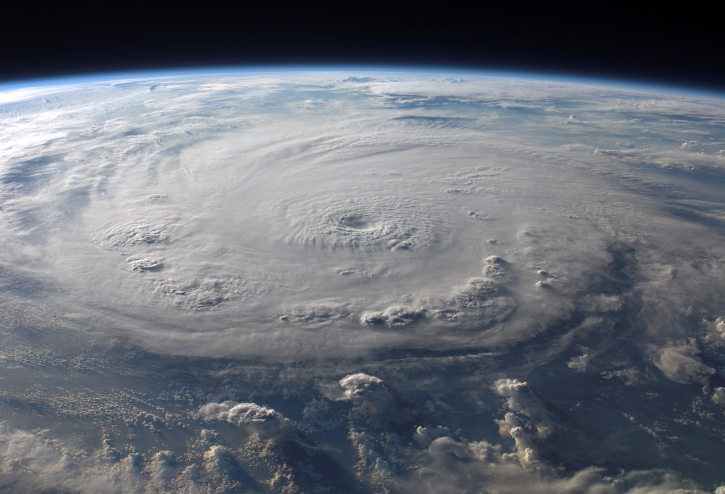The author is membership program director of the National Federation of Community Broadcasters. NFCB commentaries are featured regularly at www.radioworld.com.
The news cycle over the last week has been filled with disturbing images depicting the devastation wrought by Hurricane Dorian. It is the latest in a string of natural disasters that have struck the nation, but they surely will not be the last.
Such moments cause great stress in cities and towns. While many states have endured wildfires and earthquakes, hurricane season sparks a visceral reaction in many of us. That’s because, as we have witnessed over the last few years, no coast is safe from monster storms threatening life and property. And the damage done to one state will have ripple effects in neighboring states. This was the case with Hurricane Katrina, which smashed Louisiana in 2005, but prompted residents to flee to Texas as well as northward.
Beyond the economic effects of recovery, the regions damaged by hurricanes are financially reshaped forever. Cities affected by Hurricane Ike in 2008, for example, completely changed as a result.
[Read: Community Broadcaster: In It Together]
Hurricane season continues until Nov. 30. Unfortunately, it is nearly certain that a community radio station like yours may be asked to cover the issues of your community should a disaster like a hurricane strike.
Is your community radio station ready to respond? Here are few tips:
The SAFER (Station Action for Emergency Readiness) manual remains a go-to guide for community radio. Originally a joint project of the National Federation of Community Broadcasters and National Public Radio, the Corporation for Public Broadcasting-funded project has an array of guidance for stations in dealing with their practical needs, so that journalism can continue to flow.

Poynter provides a helpful place to start if your radio station is figuring out how to cover hurricanes. In addition to suggesting websites like that of the National Oceanic and Atmospheric Administration and NOAA’s National Hurricane Center, the variety of free community-sourced resources may help your station tremendously.
Speaking of Poynter, this article on fact-checking during hurricane coverage is essential reading. Online rumors, doctored photography and panics are commonplace in the digital era of natural disasters. Clearing up confusion is one of the best services a community radio station can offer during its hurricane coverage.
If your community radio station is facing capacity issues, particularly if you broadcast to underserved areas, consider seeking funding for your work. The ProPublica Local Reporting Network, Report for America and Solutions Journalism Network are just a few of the nonprofits providing logistical and financial support to media groups with ideas and initiatives. These and many more having rolling grant cycles. NFCB highlights more grant opportunities regularly as well.
However, do not forget to ask closer to home about funding in times of need. County and state resources may be available to your station when it comes to emergency broadcast reporting and journalism. Your station is always encouraged to be responsible with your ask — meaning, do not seek monies for journalism and funnel it elsewhere — and have a firm strategy of where you need the most assistance.
And finally, there is a noncommercial station’s most solid support, its listeners, that can be appealed to for a big project like a disaster journalism effort. Any fundraising professional will tell you donors like to give to something tangible. Few station endeavors are more ambitious or reflect your values quite like funding journalism to tell stories in the midst of and the aftermath of a hurricane or other natural disaster. Audiences demand more contextual coverage. Your station, with the right plan and appeal, can deliver.
Hurricanes seem to be becoming more frequent each year. Even if your community is not in the line of fire when a storm hits, there’s quite a possibility that your listeners will be affected. Ramping up to address the scourge of weather will only remind audiences of your relevance to their lives.
[Subscribe to our newsletter and get it delivered right to your inbox.]